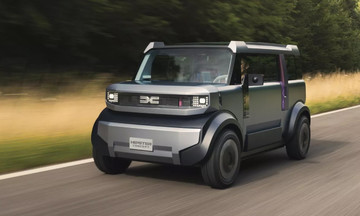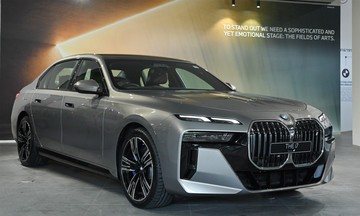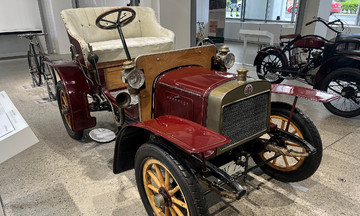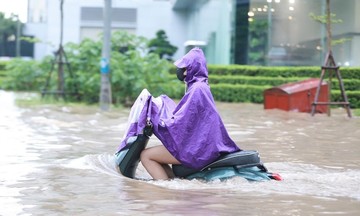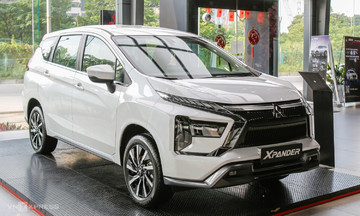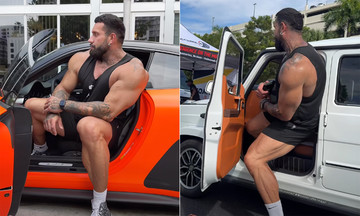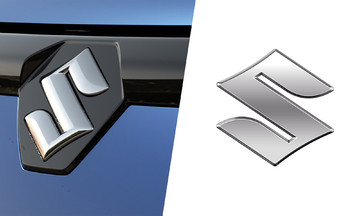The NHTSA has launched an investigation into Tesla's delayed reporting of accidents involving its advanced driver-assistance systems or self-driving vehicles. The agency discovered that numerous accident reports from Tesla were submitted months after the incidents occurred.
Regulations stipulate that reports must be filed within one to five days of the company receiving notification of an accident.
The NHTSA stated it is conducting audits to assess the reasons for the delays, their extent, and the remedial actions Tesla has developed to address the issue. Previously, when reports were submitted, Tesla sent them in two ways: multiple reports simultaneously or in separate batches.
During discussions, Tesla attributed the delays to data collection issues, a problem the company claims has been resolved.
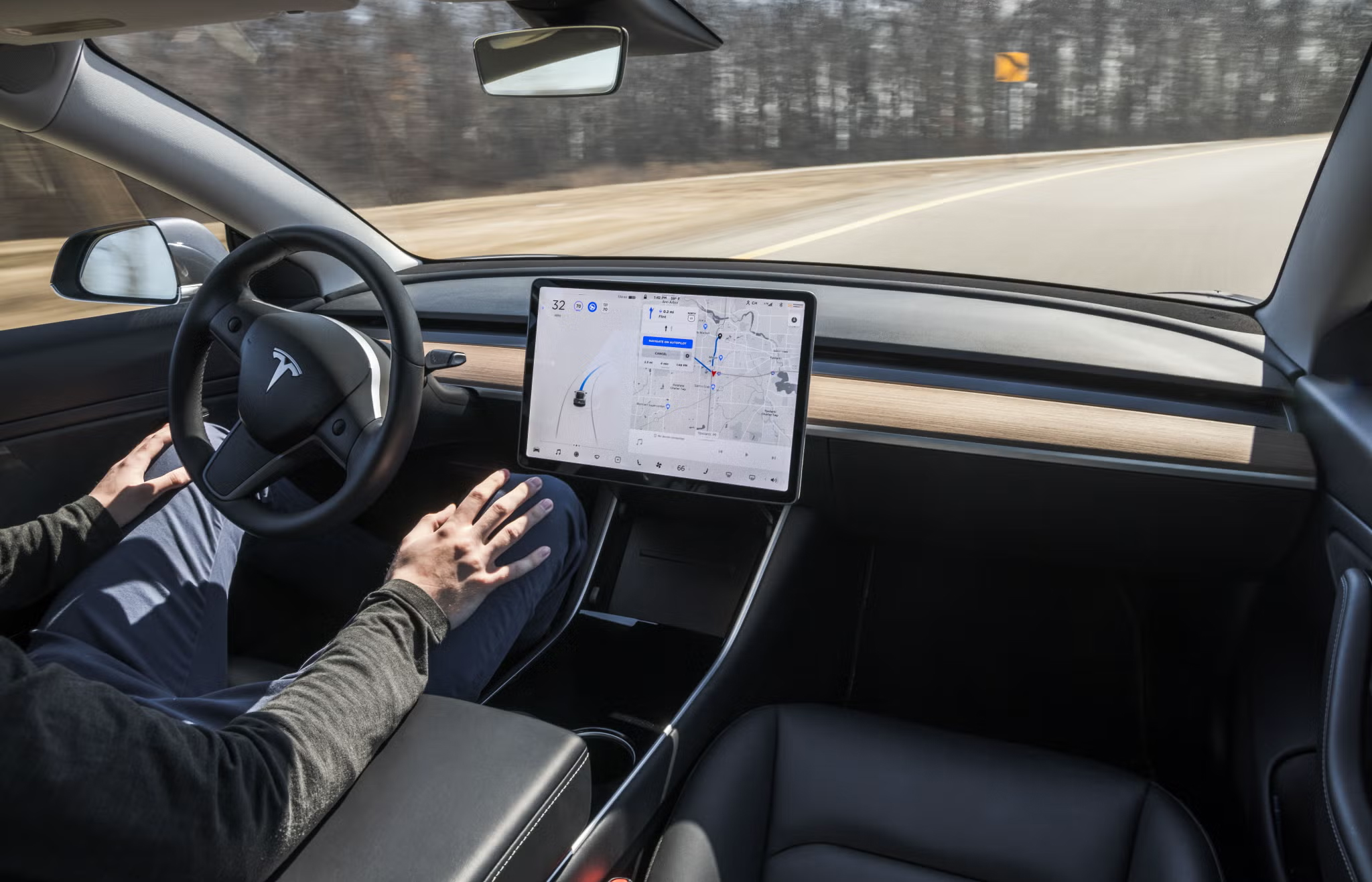 |
The latest investigation into Tesla concerns driver-assistance systems. Photo: Car and Driver |
The latest investigation into Tesla concerns driver-assistance systems. Photo: Car and Driver
The NHTSA is also examining whether any reports of prior incidents are outstanding and whether submitted reports include all required and available data.
Since 10/2024, the NHTSA has been investigating Tesla's full self-driving (FSD) crashes under limited visibility conditions. The investigation encompasses 2.4 million Tesla vehicles equipped with FSD technology following four reported crashes, including a fatal accident in 2023.
In January, the NHTSA launched a separate investigation into 2.6 million Tesla vehicles regarding reports of accidents related to a feature allowing users to control the car remotely.
The NHTSA is scrutinizing Tesla's rollout of its self-driving robotaxi service in Austin, Texas, which began in June. In an email to Tesla on 1/7, the agency stated it was still reviewing the rollout and requested information on whether Tesla employees could remotely control the vehicles.
Many Tesla vehicles are equipped with Autopilot, a system designed to assist drivers on limited-access highways, and FSD, which is purportedly capable of navigating both city streets and highways. Both features require a driver in the driver's seat, who must remain attentive and ready to take control of the vehicle at any time.
In early August, Tesla was found liable in a 2019 fatal accident involving a Model S equipped with Autopilot. The vehicle crashed into a parked car, resulting in a fatality. Tesla was ordered to pay $243 million in damages and has announced plans to appeal.
My Anh (Reuters)




